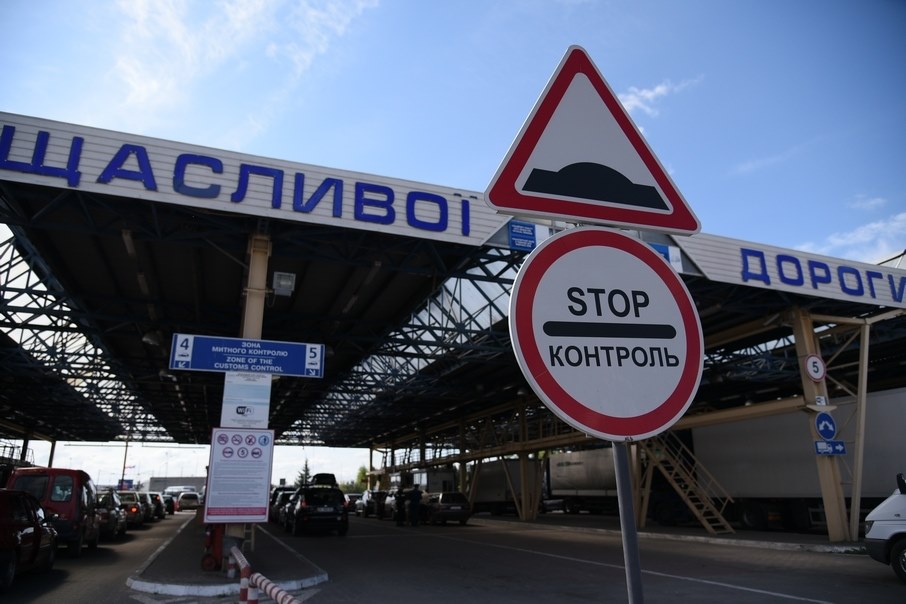Limited solidarity: the European Commission is demanding pre-war quotas for Ukrainian farmers
24 February 14:07
The ministers of agriculture of Hungary, Bulgaria, Romania and Slovakia have called on the official Brussels to take measures that would limit the supply of Ukrainian agricultural products. This was announced by the Minister of Agriculture of Hungary Istvan Nagy, reports
He reminded that the EU regulation governing imports from Ukraine expires in June this year and stressed that the European Commission should find a long-term solution to market difficulties caused by the export of Ukrainian agricultural products.
The Hungarian official said that the ministers of agriculture of Bulgaria, Romania, Slovakia and Hungary in a joint letter called on the European Commission to restore pre-war quotas, introduce measures to protect agricultural products and introduce automatic protection and individual quotas for EU border states.
In addition, according to István Nagy, the ministers asked the European Commission to require compliance with EU sanitary and phytosanitary standards, animal welfare, public health and environmental standards for Ukrainian agricultural products.
“We wonder whether Brussels will take into account the interests of Eastern European farmers this time or betray them again, as it did in September 2023, when it did not extend the import ban,” the official emphasized and said that Hungary would maintain restrictions on imports of Ukrainian agricultural products in its national jurisdiction as long as local farmers need protection.
“We stand in solidarity with Ukraine, but we will protect the livelihoods and competitiveness of farmers!” Hungarian Agriculture Minister Istvan Nagy wrote in a Facebook post.
As you know, the resolution on the unilateral suspension of EU duties on Ukrainian agricultural products remains in force until June 5. However, the European Commission has already started technical negotiations with Ukraine to conclude a new agreement.
Earlier, European Commissioner for Agriculture Christof Hansen announced the possibility of a deal within the framework of the Deep and Comprehensive Free Trade Area (DCFTA), which is part of the 2016 EU-Ukraine Association Agreement.
“I think we should work within the DCFTA. Most of the agriculture ministers were in favor of a more stable agreement rather than extending the previous resolution,” Christoph Hansen said, as quoted by RMF FM.
As the Polish publication explains, in this case, we are not talking about a literal return to pre-war trade rules, as this would mean huge losses for Ukraine, which has significantly increased its exports to the EU, but about an agreement within the framework of the Deep and Comprehensive Free Trade Area, which would mean mutual trade liberalization. According to the Polish publication, both Ukrainian and European companies should benefit from this, although in some cases it may lead to quotas on sensitive agricultural products from Ukraine and new protective provisions.
The Deep and Comprehensive Free Trade Agreement will also mean that Ukraine will have to adapt to EU food safety and animal health standards. All of this, as RMF FM notes, would serve to gradually integrate Ukraine into the single market with a view to its future membership in the EU.

In 2024, Ukraine and the EU traded for record amounts
Last year, the mutual trade in agricultural products between Ukraine and the European Union amounted to almost USD 17 billion. THE TOTAL VALUE OF TRADE BETWEEN UKRAINE AND THE EUROPEAN UNION WAS ALMOST 17 BILLION USD. This is the highest figure for the period of the Association Agreement between Ukraine and the European Union, which is 3% higher than the previous record of USD 16.5 billion in 2022. THE TOTAL AMOUNT OF THE AGREEMENT IS $16.5 BILLION. This was reported by Mykola Pugachev, Deputy Director of the National Research Center “Institute of Agrarian Economics”, Academician of the National Academy of Sciences of Ukraine.
According to him, the main European partners for Ukraine last year were Spain, Poland, the Netherlands, Germany, Italy, Romania, France, and Belgium.
In 2024, the volume of supplies of Ukrainian agricultural products to the EU member states increased by 3% compared to the figure of 12.6 billion USD in 2023. The volume of agricultural products exported to the EU member states increased by 3% to USD 13 billion. US DOLLARS. At the same time, the EU’s share in domestic exports of agricultural products amounted to 52.4% of all Ukrainian agricultural exports last year.









